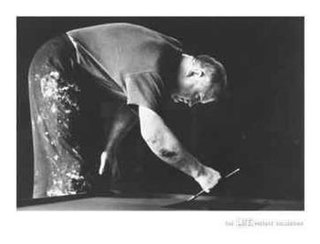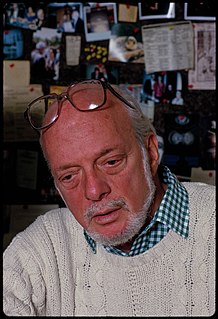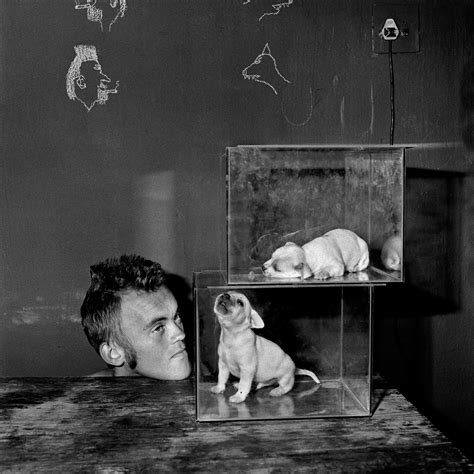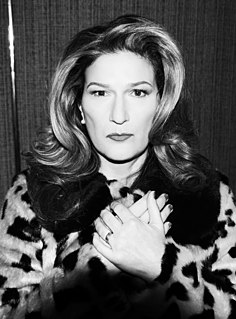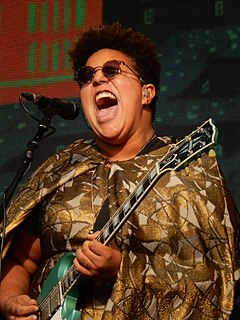A Quote by Roopal Patel
I was pretty much a minimalist. I liked a lot of black at the time, which is very different from my wardrobe now, because I live in color.
Related Quotes
I think it's a bit of a myth that black Americans need one leader. We're not a monolith. And now that legal segregation and discrimination has been pretty much abolished there isn't the sort of universal mandate that a black leader would have. Black folks live in a wide variety of social situations right now.
I, however, like black. It is a color that makes me comfortable and the color with which I have the most experience. In the darkest darkness, all is black. In the deepest hole, all is black. In the terror of my Addicted mind, all is black. In the empty periods of my lost memory, all is black. I like black, goddammit, and I am going to give it its due.
I'm now a pretty good mix of my mother and my stepfather because I'm in general pretty mellow. I'm not hyper-emotional. But there's also this side of me - my mother was an artist and very funny and a dancer and very wild and into fashion. My stepfather traveled a lot, and I kind of took on a role of parenting my mother a lot of times, because she was pretty hard to handle. A bit of a pistol.
When I got to college, the fake ID thing wasn't that important, since pretty much everyone could get away with drinking in New Orleans. But the drugs, well, that was a different story altogether, because drugs are every bit as illegal in New Orleans as anywhere else--at least, if you're black and poor, and have the misfortune of doing your drugs somewhere other than the dorms at Tulane University. But if you are lucky enough to be living at Tulane, which is a pretty white place, especially contrasted with the city where it's located, which is 65 percent black, then you are absolutely set.
I teach a graduate seminar called "Theorizing Improvisation" that is pretty interdisciplinary, but really makes students deal with black studies seriously. A lot of authors of color, a lot of women of color - those become central to the intellectual trajectory. It considers music, but it also considers areas of thought that might seem unrelated to music. That's partly because we're expanding the notion of what music is beyond objects, beyond scores, beyond things.

